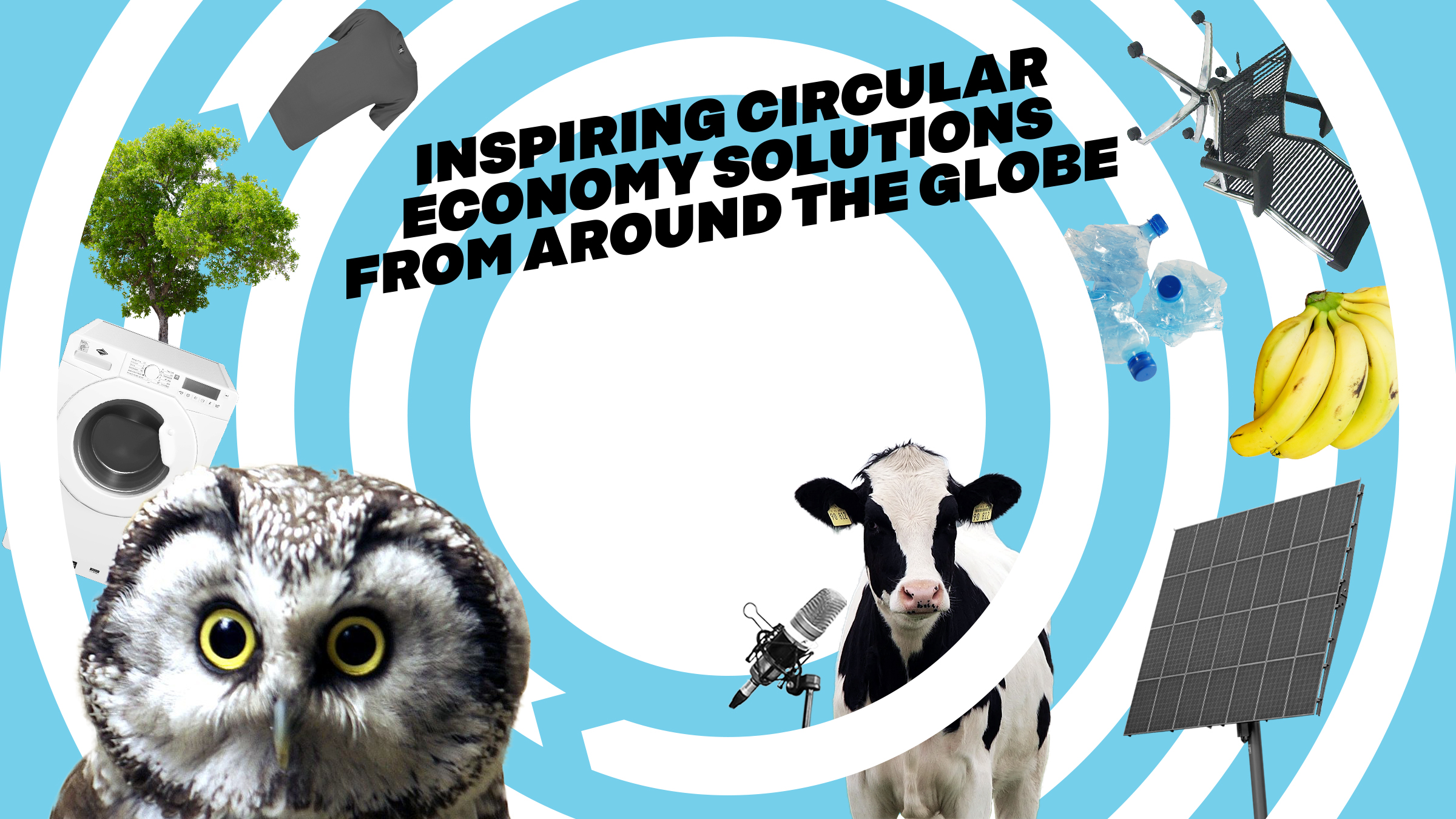Blendhub’s food-as-a-service platform, which combines a portable factory unit and cloud-based software, brings product-as-a-service principles to a less explored sector: food production. Blendhub tackles the globally relevant issue of food waste by enabling smarter nutritional supply chains and local production and distribution of food.
The founders of the company are entrepreneurs with experience in technology companies and the food industry. Blendhub built its first factory in 2004 in Spain. By 2009, the company was able to develop a prototype for a portable factory. The first portable factory was implemented in India in 2011.
Problem
About a third of all produced food goes to waste before even reaching consumers. Wasted food means not only lost nutritional content but also the loss of the energy and resource inputs that went into producing the food, such as land, fertilizer and water. With many more mouths to feed globally each year, a more flexible way of locally producing and distributing food products is badly needed.
Solution
As a company, Blendhub has been developing food products for over two decades, focusing mostly on food powder production which extends the life of food items and facilitates industrial production and transportation of food. This experience has helped them develop their food-as-a-service platform.
Blendhub’s solution consists of two components: first, they have created a container-sized modular factory for food processing that can be deployed anywhere in the world at a fraction of the cost of traditional production methods; and second, they have developed a cloud-based software suite that enables online quality control of food production and supply chain monitoring.
The use of food powders is only one of the factors to achieve a circular economy in food production and distribution. The ability to replicate systems and processes quickly and efficiently is crucial to make a long-lasting impact at a global scale.
In addition to traditional business partnerships, the company has also built partnerships with circular economy advocacy groups and charities. They hope to increase resilience in the global food supply chain, enable local startups in developing countries to mature and go to market, and improve food access to areas in crisis.
Environmental impact
By streamlining the food supply chain, Blendhub reduces greenhouse gas emissions in the transportation of food items. The shelf-life of food powders is significantly longer than that of fresh food items which supports food waste reduction. The company also takes inputs from food items that were unsold or overproduced that would otherwise go to waste.
Social impact
In addition to the jobs they create, the company provides food powders to communities in need and makes nutrition affordable. They also localise food production instead of having long production chains, which increases community resilience.


Inspired?
Check out all solutions.